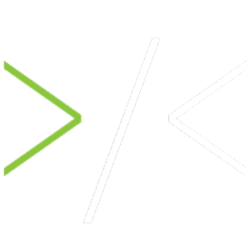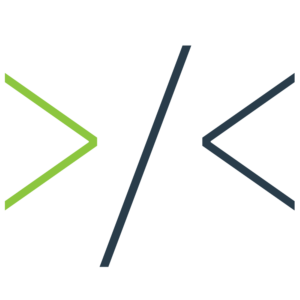The diversamente coding partners have been carrying out a survey to assess the digital training needs of deaf people. Each partner organisation interviewed 30 deaf adults and 10 people representing disability organisations. The questionnaire included questions about current level of digital skills, interest in the field of coding, preferred learning methods and much more.
Once the survey was completed, the data was analysed. Here is a short summary of the most interesting results:
- Only 34% of the participants have previous knowledge and experience in coding but 65 % are interested in coding.
- The participants are most interested in learning computational thinking and related transversal skills (36.1 %), basic computer programming (35.3 %) and improving basic digital skills (34.9%).
- The participant are most interested in learning coding through games simulating programming (21.2 %) and quizzes (17.8 %).
- The most popular way to learn is with a mentor (30.2 %,) flowed by a combination of methods and place (24.3%) and learning on your own at home, using tutorials (19.5 %)
Besides carrying out the survey, the partners also conducted desk research about the educational situation of deaf people in their respective countries, collecting data on current educational offers on digital skills especially for people with hearing disabilities, as well as presenting case studies of training courses in digital literacy tailored specifically for this target group.
The results of both of these activities were summarised in five national and one transnational report. The transnational report concludes that it is fundamental to provide equal opportunities for deaf people in the field of digital literacy as it will help them to with future employment. With this result in mind, the partners will now start working to develop a training methodology and training content.


